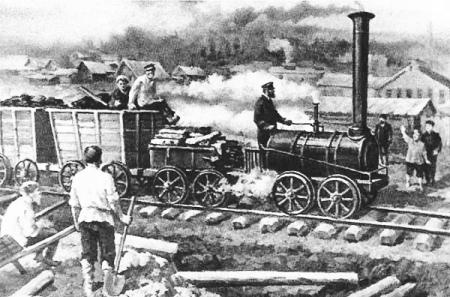 In the Economist there was a very intriguing article about [[Net Neutrality]], titled From Ships to Bits (online subscription required). In this article, the Economist not only dove into the challenging and very divisive realm of net neutrality but managed to explain that the possible government oversight of the Internet is one in a long line of government oversights with a long history in the UK and in the US.
In the Economist there was a very intriguing article about [[Net Neutrality]], titled From Ships to Bits (online subscription required). In this article, the Economist not only dove into the challenging and very divisive realm of net neutrality but managed to explain that the possible government oversight of the Internet is one in a long line of government oversights with a long history in the UK and in the US.
The main example and the one that is easier to understand is the example about how in 18th-century England, the common law came to see innkeepers, boatman, warehouse owners and granary operators as ‘common carriers’ and were therefore mandated by law to serve all comers, and to charge reasonable rates. This was considered necessary as these ‘common carriers’ played important intermediary roles in the frictionless functioning of the economy. If railroads could choose which competitive furniture manufacturer’s products it would transport at the exclusion of all others, so the argument goes, then the entire economy is negatively affected by the unnatural misalignment of the entire economy along friend versus foe at every step of the product’s travel from factory to customer. The article lists more examples such as the railroad industry in the United States in the pre-civil war era, and the telephone industry.
Later and more to the point the article uses France and England as examples of common-carrier regulatory regimes enforcing common carrier access to the internet. In this example it is pointed out that prices went down and speed went up as the countries required their phone companies to make their physical infrastructure available to rival ISPs at consistent wholesale prices.
Check out this earlier post on Net Neutrality.
In an upcoming blog post, we’ll debate the Net Neutrality issue a little further.






